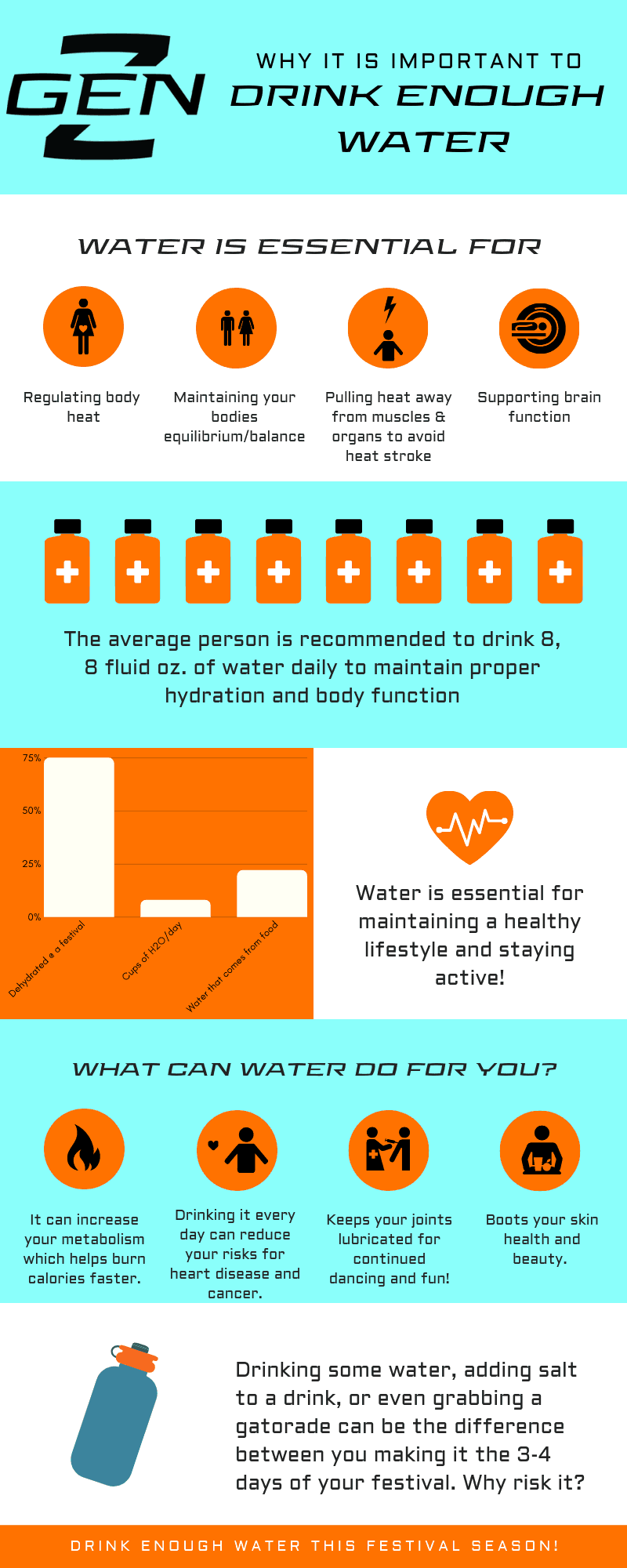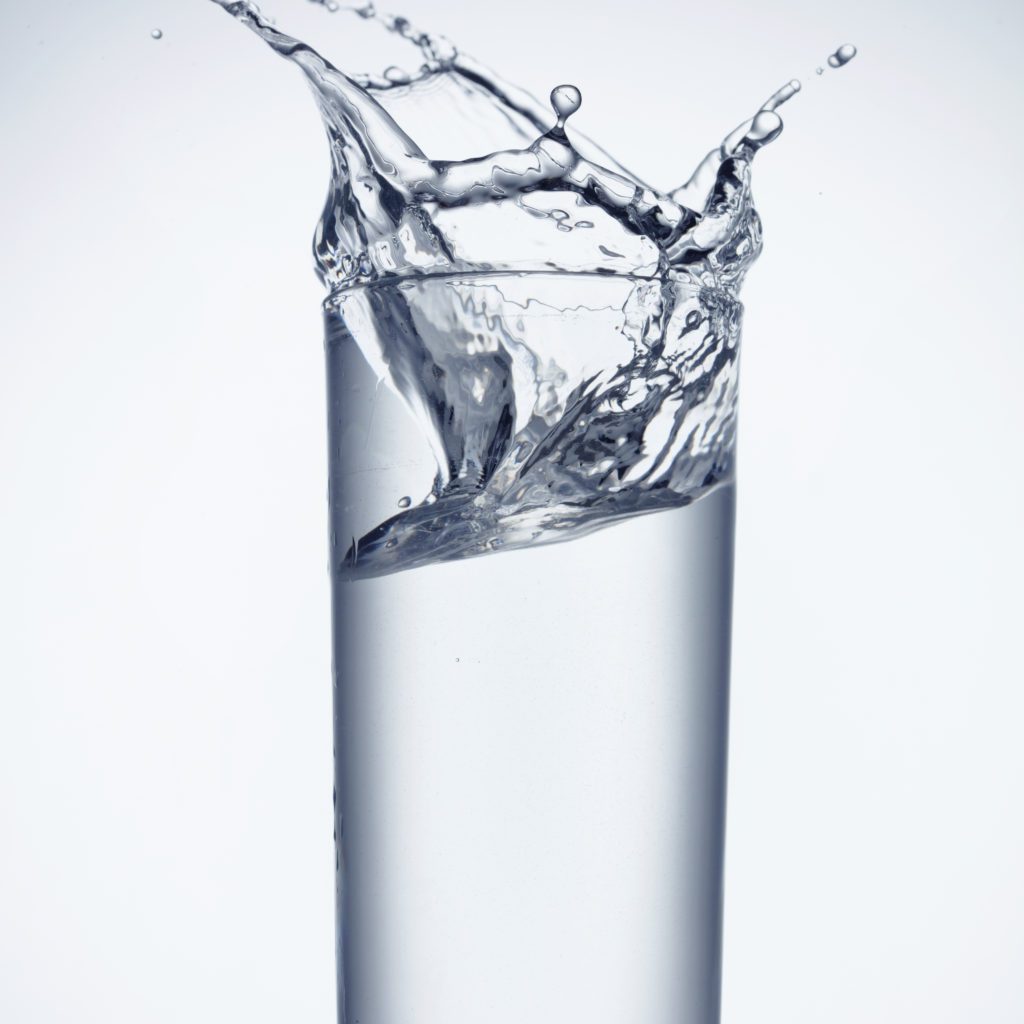
Water is vital for good health, but needs vary from one person to another. If you have been wondering how much water you should drink every day, these guidelines can help. Hydration is a key part of staying healthy, especially during physical activity.
No single formula suits everybody. However, understanding your body’s requirement for fluids can help you estimate the amount of water you should drink daily and ensure one is able to stay hydrated.

What are the Health Benefits to Drink Water?
Water makes up around 60% of your overall body weight. The human body relies on water to survive. Adequate hydration allows your body cells, tissues, and organs to work correctly. For instance, water:
- Removes waste via urination, sweating, and bowel movements.
- Helps to keep your body temperature healthy.
- Guards sensitive tissues in the body.
- Lubricates and cushions your joints.
Insufficient water intake can cause dehydration. It is a condition whereby your body lacks sufficient water to function correctly. Even mild dehydration may drain you of energy and leave you feeling tired.
How Much Water Should You Drink Every Day?
Each day, your body loses water via breathing, perspiration, urination, and bowel movements. Therefore, you need to replenish its water supply daily by consuming fluids to maintain proper body function.
How much fluid should the average healthy adult staying in a temperate climate take? According to the National Academies of Sciences, Engineering, and Medicine, sufficient daily fluid intake is:
- Around 15.5 cups/3.7 liters of fluids for males.
- Around 11.5 cups/2.7 liters of fluids for females.
Those recommendations cover the fluids from pure water, other drinks, and food. Approximately 20% of daily fluid intake typically comes from food and the remainder from beverages.
It is highly likely that you have heard the advice to drink eight glasses of water daily. Though this is a reasonable goal, for some people, taking fewer glasses every day may be adequate. But other individuals may require more. Most healthy persons can remain hydrated by consuming water and other fluids whenever thirst kicks in.

Which Factors Influence Water Needs
You may want to modify your overall fluid intake depending on several variables:
- Physical Exercise: If you engage in any physical activity that leads to sweating, you have to up your water intake to prevent dehydration. It is essential to consume water before, during and after participating in a workout session. If the activity is intense and lasts for over one hour, a sports drink can help to replace the minerals your body lost through sweating.
- Environmental Conditions: Hot, humid weather causes the body to sweat more. As a result, extra fluid intake is necessary. Dehydration is also possible at high altitudes.
- Medical Conditions: The body loses fluids whenever you have a fever, are vomiting, or dealing with diarrhea. In such a case, consume more water or follow your doctor’s recommendation to take oral rehydration solutions. A bladder infection, urinary tract infections, and kidney stones may also necessitate increased water intake.
- Pregnancy or breast-feeding: When a woman is pregnant or nursing a baby, she needs extra fluids to remain hydrated. According to the Office on Women’s Health, pregnant women should drink around 10 cups/2.4 liters of fluids a day, whereas breastfeeding mothers should consume approximately 13 cups/3.1 liters of fluids daily.
Other Sources of Hydration

You do not have to depend on tap water or bottled water to meet your hydration requirement. The food you eat also provides a substantial portion. For instance, many fruits and vegetables like watermelon and spinach are nearly 100% water by weight.
Additionally, drinking fluids like milk, juices, and herbal tea have high water content. Even caffeinated drinks, e.g., coffee and soda, can contribute to a person’s daily water intake. However, water is your best bet as it is free of calories, cheap and readily available.
The only time you should take sports drinks is when you are exercising at high intensity for at least an hour. Those drinks are intended to replace the body’s electrolytes lost through sweat and sugar required for energy during longer exercise sessions.
Energy drinks are not the same as sports drinks. An energy drink generally isn’t formulated to replace minerals (electrolytes) and contains typically high levels of caffeine, sugar and other additives. Needless to say, these don’t help maintain optimal levels of hydration.
How to Stay Properly Hydrated
Your daily fluid intake is probably enough if:
- It is rare for you to feel thirsty. Your urine is light yellow or completely colorless.
A physician can help you determine the water amount that is appropriate for you each day. To avoid dehydration and ensure your body has the fluids it requires, you should try to make water your drink of choice. It also helps to:
- Consume a glass of water or another low-calorie drink with every meal and between meals.
- Take water before, during, and after a workout.
- Drink water when you feel hungry. Sometimes thirst is confused with hunger.
While it is not very common, there is such a thing as drinking too much water. When the kidneys are unable to get rid of the excess water, it can lead to hyponatremia. It is a life-threatening condition in which the blood’s sodium content is diluted.

Leave a Reply